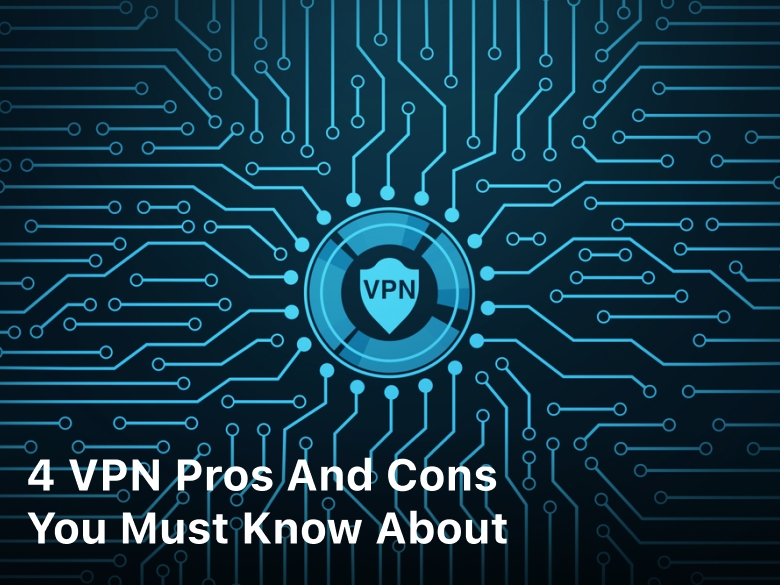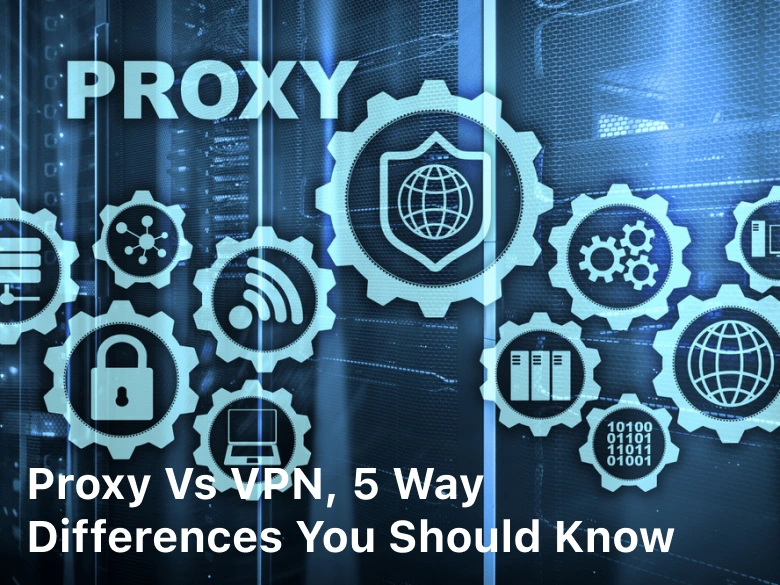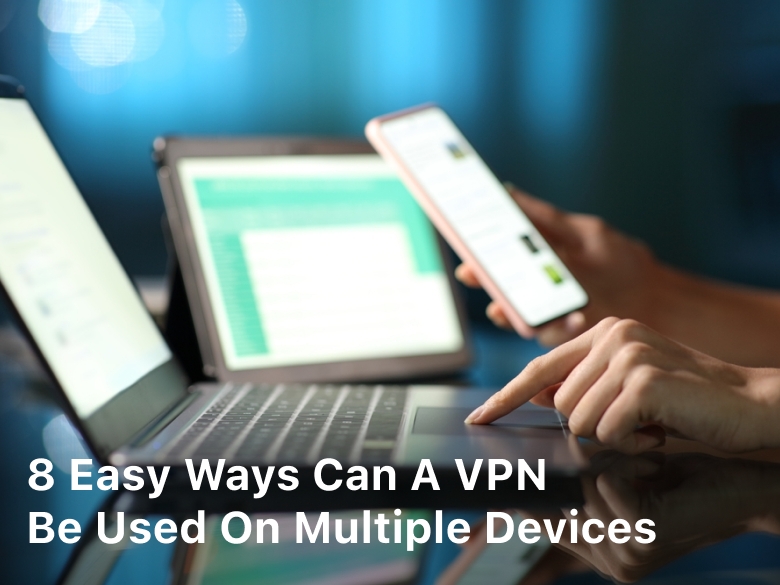4 VPN Pros and Cons you Must Know About
4 VPN Pros and Cons you Must Know About – Discover the 4 VPN pros and cons you must know about in this comprehensive guide.
Learn how a VPN can enhance your online experience while understanding its potential drawbacks. Dive into the world of virtual private networks and make an informed decision.
In today’s interconnected digital landscape, ensuring your online privacy and security has become paramount. Virtual Private Networks, or VPNs, have gained immense popularity as a tool to safeguard your online presence.
In this article, we will delve into the four essential VPN pros and cons that you must be aware of before deciding whether to incorporate this technology into your online routine.
What is an VPN?
A VPN, or Virtual Private Network, is a technology that creates a secure and encrypted connection between your device and the internet. It allows you to browse the web, access online services, and transmit data while ensuring your privacy and security.
When you connect to a VPN server, your internet traffic is routed through an encrypted tunnel, making it difficult for hackers, ISPs (Internet Service Providers), or any other entities to monitor or intercept your online activities.
In essence, a VPN acts as a shield, masking your IP address and providing you with a new virtual location. This can help you bypass geographical restrictions, enhance your online privacy, and protect your sensitive information, especially when using public Wi-Fi networks.
Whether you’re concerned about safeguarding your data or accessing content from different regions, a VPN is a valuable tool that offers both security and flexibility in the digital world.
VPN Pros and Cons
Pros of Using a VPN
1. Enhanced Online Security
Using a VPN significantly boosts your online security by encrypting your internet connection. This encryption acts as a protective shield, preventing hackers and cybercriminals from intercepting your sensitive data. With a VPN, you can confidently access public Wi-Fi networks without worrying about potential threats.
2. Anonymity and Privacy
One of the major advantages of using a VPN is the ability to browse the internet anonymously. Your IP address is masked, making it challenging for websites and advertisers to track your online activities. This newfound anonymity empowers you to explore the web without the constant monitoring and targeted ads.
3. Bypassing Geo-Restrictions
VPN technology allows you to virtually change your location by connecting to servers in different countries. This feature proves beneficial for bypassing geo-restrictions imposed by streaming services, giving you access to a broader range of content. Enjoy your favorite shows and websites, regardless of your physical location.
4. Data Protection on Public Networks
When connected to public Wi-Fi networks, your data becomes vulnerable to interception. VPNs create a secure tunnel that shields your information from potential eavesdroppers.
This protection is particularly crucial when conducting sensitive tasks, such as online banking or sharing confidential information.
Pros Summary
In summary, the 4 VPN Pros you must know about include:
- Enhanced Online Security: Shield your data from cyber threats.
- Anonymity and Privacy: Browse the web anonymously and avoid targeted ads.
- Bypassing Geo-Restrictions: Access a wider range of content by changing your virtual location.
- Data Protection on Public Networks: Safeguard your information on public Wi-Fi.

Cons of Using a VPN
While VPNs offer remarkable benefits, it’s essential to consider their potential drawbacks before integrating them into your online routine.
1. Reduced Connection Speeds
Using a VPN can lead to a decrease in your internet connection speeds. The process of encrypting and rerouting your data introduces a slight lag, which might impact activities that require high bandwidth, such as online gaming or video conferencing.
2. Cost and Subscription Fees
Many reliable VPN services require a subscription fee. While some offer free versions, premium options often provide more robust security features. It’s crucial to weigh the cost against the benefits to determine whether a paid VPN is the right choice for your needs.
3. Limited Access to Local Content
Since VPNs allow you to change your virtual location, accessing local content, such as region-specific news or services, might become challenging. This limitation could impact your ability to stay updated on local events or access certain online services.
4. Trust in VPN Providers
When using a VPN, you entrust your data to the service provider. It’s vital to choose a reputable and trustworthy VPN provider, as some lesser-known options might log your online activities, compromising your privacy despite the use of a VPN.
Cons Summary
In summary, the 4 VPN Cons you must know about are:
- Reduced Connection Speeds: Potential slowdown in internet speed.
- Cost and Subscription Fees: Consider the financial aspect of using a VPN.
- Limited Access to Local Content: Challenges in accessing region-specific content.
- Trust in VPN Providers: Choose a reliable provider to ensure data privacy.
Frequently Asked Questions (FAQs)
Q: Is using a VPN legal?
A: Yes, using a VPN is legal in most countries, but it’s essential to abide by the laws and regulations of your jurisdiction.
Q: Can I use a VPN on my mobile device?
A: Absolutely! Most VPN providers offer apps compatible with various devices, including smartphones and tablets.
Q: Do VPNs protect against all cyber threats?
A: While VPNs enhance your online security, they don’t offer complete protection against all cyber threats. It’s essential to practice other safe online behaviors.
Q: Are free VPNs safe to use?
A: Free VPNs can be riskier, as they might log your data or display ads. Opting for a reputable paid VPN ensures better security and privacy.
Q: Can I use a VPN for torrenting?
A: Yes, some VPNs allow torrenting, but it’s crucial to choose a provider that supports P2P file sharing and ensures secure connections.
Q: Are there situations where using a VPN is not recommended?
A: While VPNs are generally beneficial, they might not be necessary when browsing non-sensitive websites or using trusted networks.
Conclusion
In the ever-evolving digital landscape, a VPN can serve as a powerful tool to bolster your online security and privacy.
Understanding the 4 VPN Pros and Cons you must know about empowers you to make an informed decision based on your unique needs. By evaluating these advantages and disadvantages, you can navigate the online realm with confidence and peace of mind.
Keep Reading :




